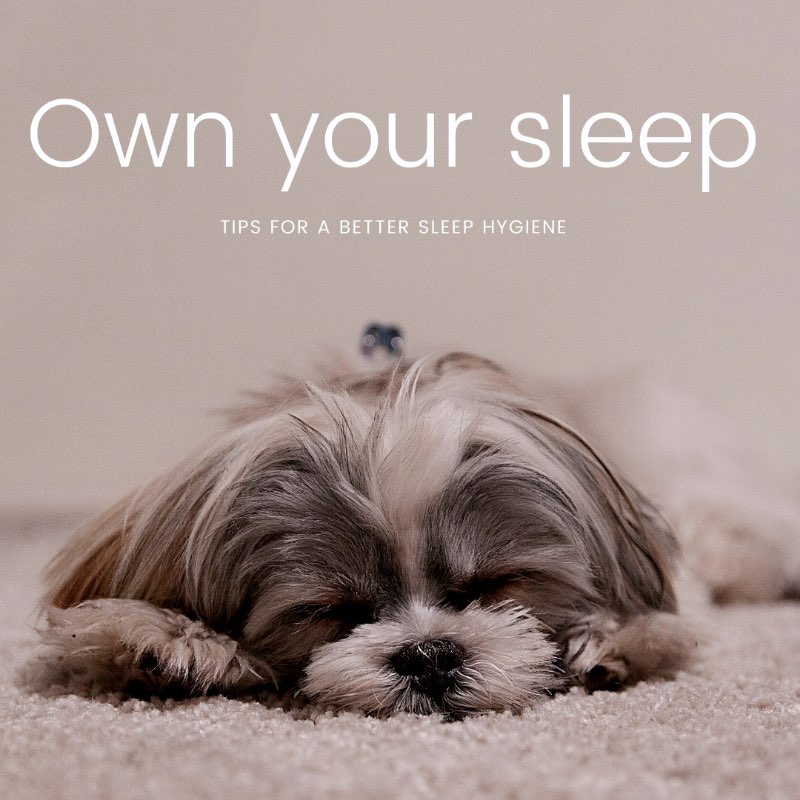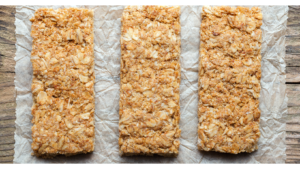
- Nutrition
Did you know that the man is the only mammal
who willingly deprives themselves of sleep?
by :
- Yeli
on

Our bodies and our brains are begging for the sleep we’re designed to get, and which is essential to keep our lives in balance. It is time for you to re balance the time you allocate for sleep and to improve the quality of your resting time. Here are some sleep strategies and tips to help you improve your sleep hygiene:
- Stick to a sleep schedule. Go to bed and wake up at the same time each day. Sleeping in during weekends will not make up for a lack of sleep during the week.
- Caffeine is only a temporary pick-me-up and can negatively impact sleep cycles. Because it’s a stimulant, it should be stopped at least four to six hours before going to sleep. That said, caffeine can stay in your system for up to 12 hours. So be aware of its impact on you and your sleep.
- Alcohol may help you relax and fall asleep faster. But it could mess up with your sleep cycles and you may not awaken so refreshed. Studies suggest not to have alcohol for as much as six hours before bedtime.
- Exercise is great, but not too late in the day. Try to exercise not later than two or three hours before your bedtime.
- Nicotine: as caffeine, nicotine is also a stimulant, so it causes smokers to sleep only very lightly
- Eating a big meal within about three hours of bedtime isn’t recommended, because your digestive system slows down during sleep to process nutrients. Indigestion can result, interrupting your sleep. So don’t ask your body to do its digestive work at the wrong time.
- Hydration, stay hydrated during the day. If you drink too much in your bedtime, your bladder will say, “Timeout, I can’t sleep “when I need to pee.
- If possible, avoid medicines that delay or disrupt your sleep. Some commonly prescribed heart, blood pressure or asthma medications, as well as over-the-counter remedies for coughs, colds and allergies, can disrupt sleep patterns.
- Don’t take naps after 3pm. Naps can help make up for lost sleep, but late afternoon naps can make it harder to fall asleep at night.
- Relax before bed. Don’t overschedule your day so that no time is left for unwinding. A relaxing activity such as reading or listening to music, should be part of your bedtime ritual.
- Don’t look at the time when in bed, especially if you’re having trouble falling asleep, or if you awaken during the night. Your brain will be immediately activated and begin counting how much sleep time remains. Turn your clock around so you can’t see it, to prevent brain stimulation and anxiety. I highly recommend that you purchase an old-fashion, silent, ticking alarm clock, versus having your mobile phone next to your bed, which leads me to…
- Technology, which may be the biggest sleep culprit and offer the most impactful change to lead to great sleep. Ban technology from your bedroom. Recharge your devices out of your bedroom so you can recharge in bed. Tech devices emit a blue light that signals the brain to stay alert, just when you’re ready to succumb to sleep. So tune out from technology at least an hour before bed. Do you keep your phone on so you can be contacted and disturbed at any time during the night? Stop that and set your own tech-free boundaries. Whenever you’re compelled to respond, resist the temptation. It can likely wait until the next morning.
Share

